There are a lot of bugs out there in the world. For confirmation, you only need to take a look at a convoy of ants marching across a summer sidewalk or lift up a rock in the forest to see a flurry of tiny activity.
Known collectively as arthropods, the world’s invertebrates with hard exoskeletons do occasionally get a bit bigger than bug-sized. This is especially true in the water, where crabs and lobsters can really become more than a handful.
On land, arthropods like insects, spiders, mites, and centipedes tend to be more modest in size. Individually, that is.
But taken as a group, they are enormous. Proof of this can be found in a new study that sought to put a number to all of the land arthropods in the world. The result?
A staggering 10 quintillion. That’s 10,000,000,000,000,000,000.
More than all of us
This black blister beetle may be small on its own, but it has a lot of friends … (Getty Embed)
What does this mean in real terms when compared to us humans?
Recently, the human population reached its highest number ever: eight billion. That’s quite a number. But compared to all of the arthropods that live either in or on the soil?
For each individual human, there are 1,250,000,000 of them.
That’s right: you are balanced out by one billion, two hundred and fifty million bees, ants, butterflies, orb weavers, millipedes, beetles, and fleas!
And it is by more than just pure numbers that these critters have us beat. It is also by biomass, or weight.
According to this study, if you added up the weight of all of the land arthropods, it would weigh more than not only all the world’s humans, but all of the world’s wild mammals, too. Think of that the next time you imagine rhinos, giraffes, hippos, and elephants as the Earth’s heavy hitters!
Actually in decline
Spiders are a very important part of the world’s ecosystems. (Getty Embed)
With such mind-bogglingly large numbers, it would be easy to think that arthropods are essentially indestructible. After all, the cockroach is often referred to as an animal that can survive any disaster, and many arthropod species have ancestors that date back hundreds of millions of years, well before dinosaurs.
But the study also noted that despite their immense populations, arthropods are on the decline. This is true of so many animals around the globe, and it is a point of concern. Ecosystems rely on arthropod populations as food, as pollinators, as decomposers, and as animals to fertilize and aerate (bring oxygen and CO2) deep into the soil. There is a reason that healthy soil is full of them!
Hopefully, studies like this can bring perspective to not only the great numbers of insects out there, but the important roles that they play.
Without arthropods, life as we know it doesn’t work!
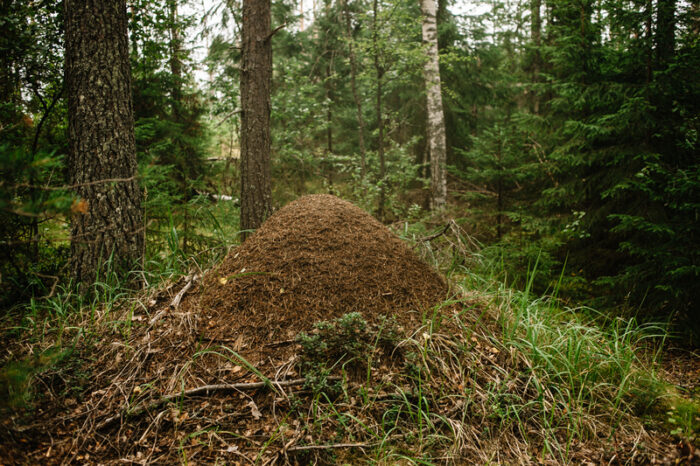 Caption: An anthill in the middle of a forest is just one example of how arthropods impact our landscape. (ID 146916898
© Mikhail Martirosyan | Dreamstime.com)
Caption: An anthill in the middle of a forest is just one example of how arthropods impact our landscape. (ID 146916898
© Mikhail Martirosyan | Dreamstime.com)
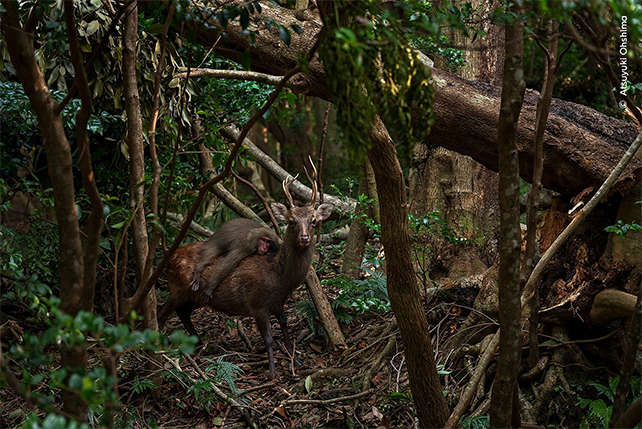

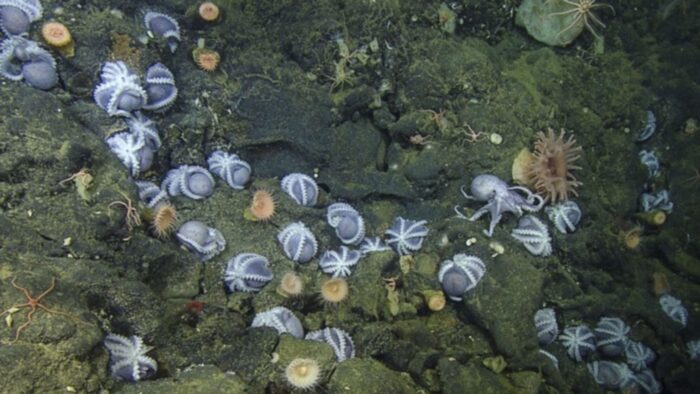
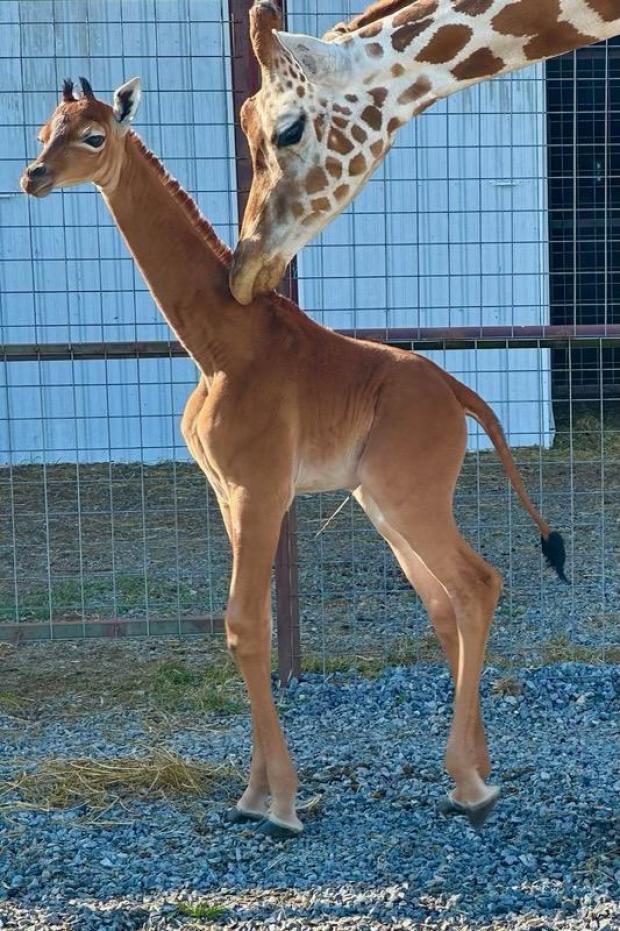
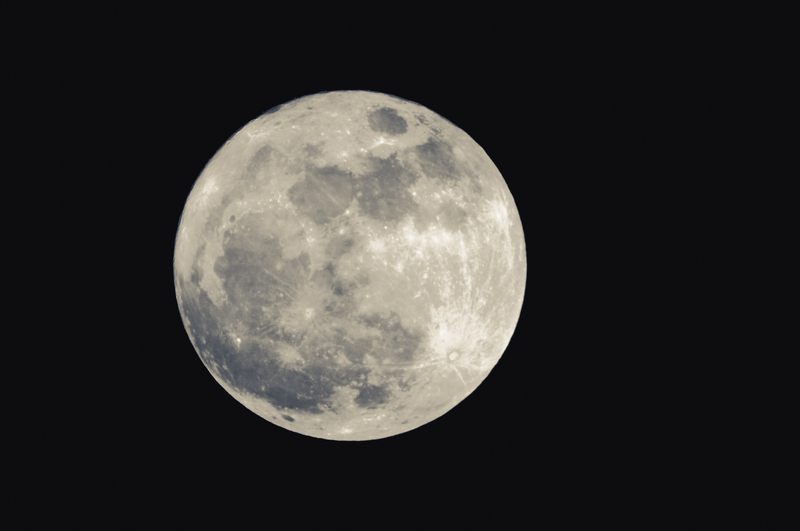
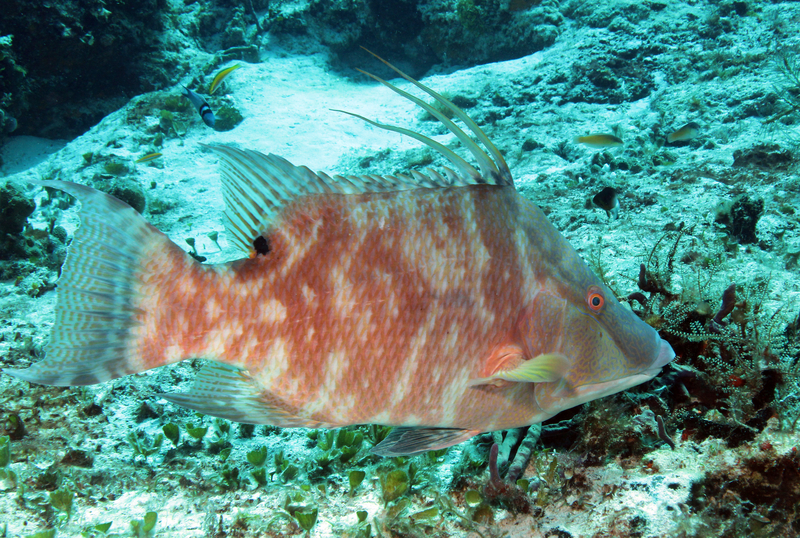


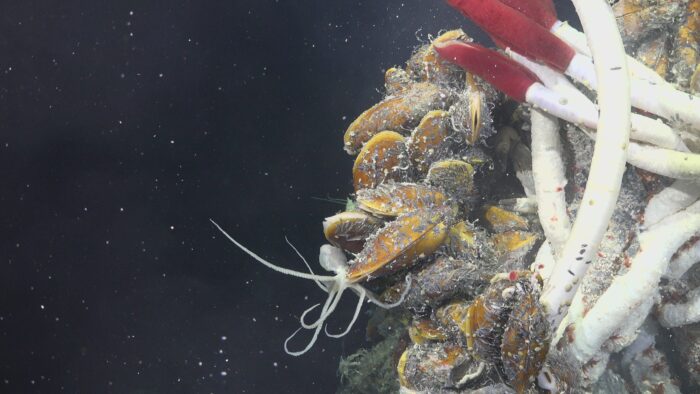
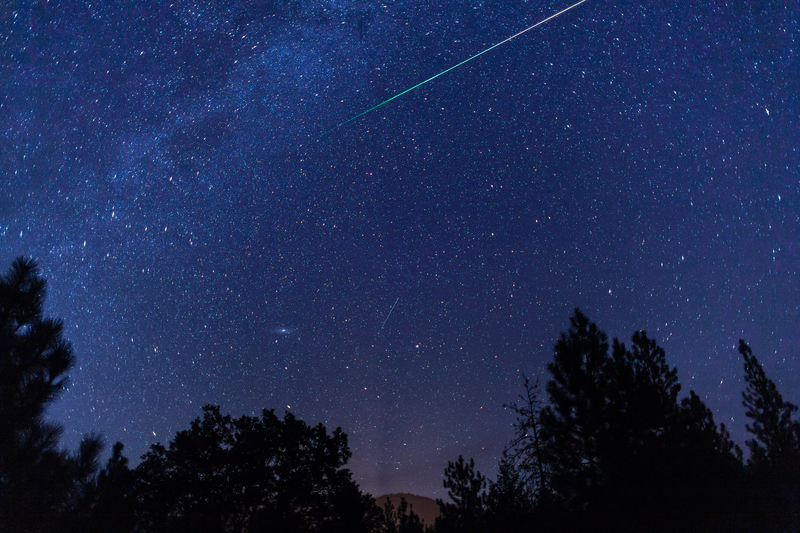
ewww